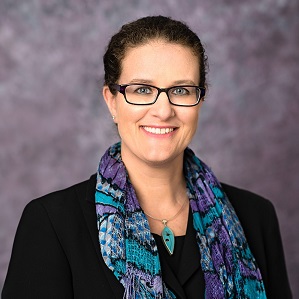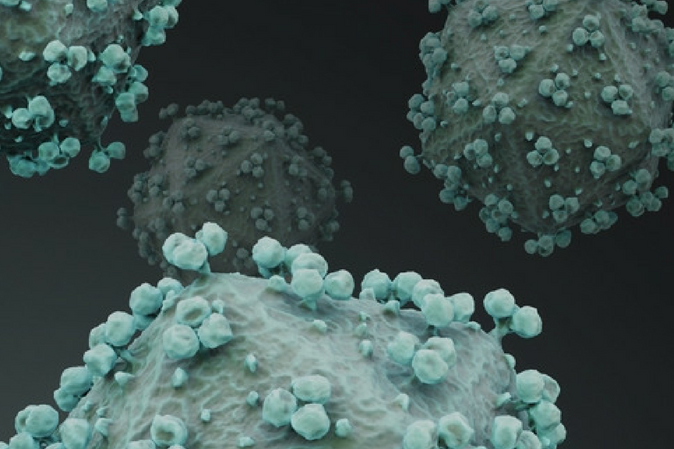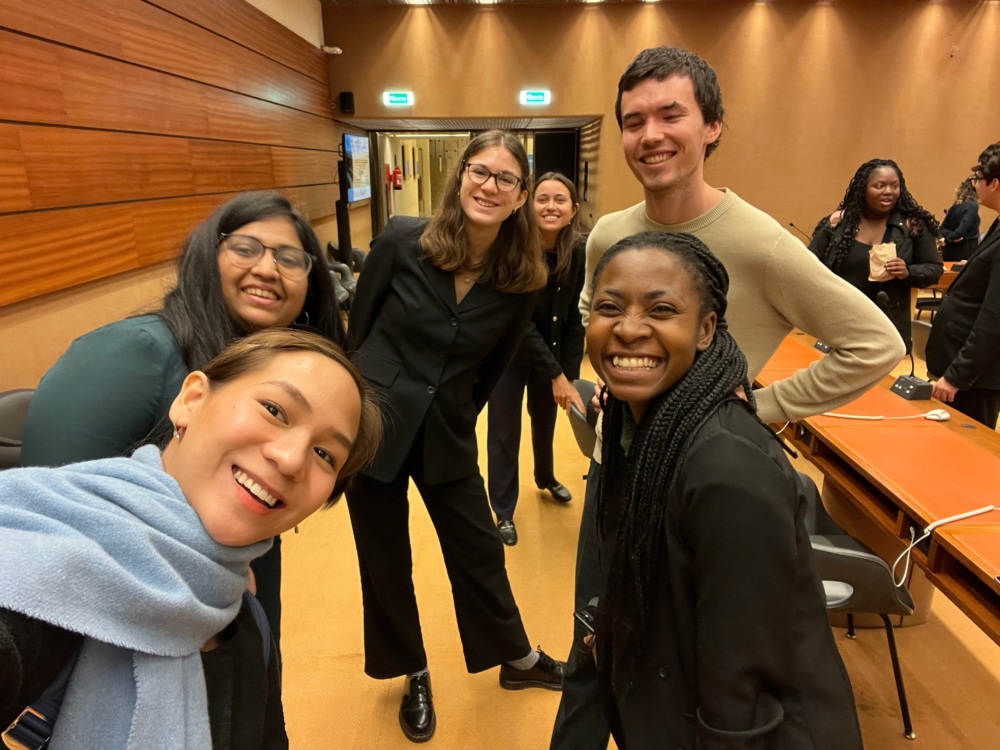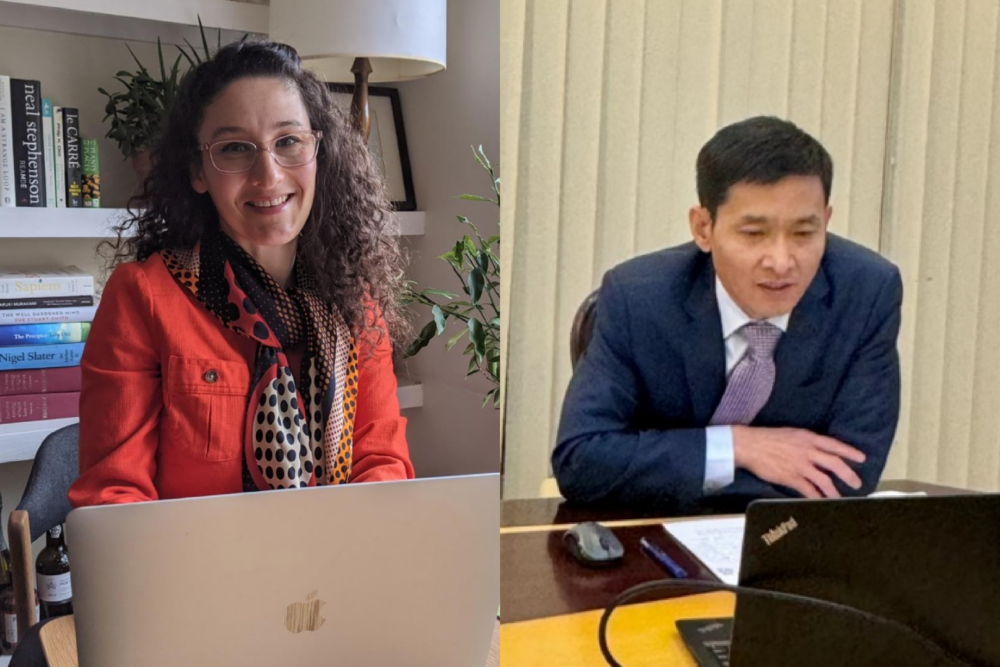
Beth Cameron Joins NTI to Lead Global Biological Policy and Programs

Dr. Elizabeth
(Beth) Cameron has been named senior director for global biological policy and
programs at the Nuclear Threat Initiative, NTI Co-Chairman and CEO
Sam Nunn announced today.
“Since our
founding, NTI has been committed to addressing biological threats,” said Nunn.
“We are very pleased that Beth will be joining NTI to oversee this important
work. She has outstanding credentials
and has the experience, leadership and drive to expand and advance NTI’s work
in this arena.”
Among other
duties, Dr. Cameron will oversee the development of a Global Health Security
Index, as well as work related to national security risks associated with
emerging biotechnologies. The Index was announced by NTI earlier this month
in partnership with the Open Philanthropy Project, the Robertson Foundation and
the Johns Hopkins Center for Health Security.
Dr. Cameron most
recently served as the Senior Director for Global Health Security and Biodefense
on the White House National Security Council staff, where she was instrumental
in developing, launching, and implementing the Global Health Security Agenda. In this role, she reported to the National
Security Advisor and the Assistant to the President for Homeland Security and
Counterterrorism in addressing homeland and national security issues surrounding
biosecurity and biosafety, biodefense, emerging infectious disease threats, biological
select agents and toxins, dual‐use research, and
bioterrorism.
From 2010‐2013,
Dr. Cameron served at the U.S. Department of Defense as office director for
Cooperative Threat Reduction (CTR) and senior advisor for the Assistant
Secretary of Defense for Nuclear, Chemical and Biological Defense Programs. In
this role, she oversaw implementation of the geographic expansion of the Nunn‐Lugar
CTR program.
From 2003‐2010,
Cameron oversaw expansion of the U.S. Department of State’s Global Threat
Reduction programs and supported the expansion and extension of the Global
Partnership Against the Spread of Weapons and Materials of Mass Destruction, a
multilateral framework to improve global chemical, biological, radiological and
nuclear security.
About the Nuclear Threat Initiative
The
Nuclear Threat Initiative works to protect our lives, environment, and quality
of life now and for future generations. We work to prevent catastrophic attacks
with weapons of mass destruction and disruption (WMDD)—nuclear, biological,
radiological, chemical, and cyber. Founded in 2001 by former U.S. Senator Sam
Nunn and philanthropist Ted Turner, NTI is guided by a prestigious,
international board of directors. Sam Nunn serves as chief executive officer;
Des Browne is vice chairman; and Joan Rohlfing serves as president.
Former Energy Secretary Ernest J. Moniz will become CEO and join Nunn and
Turner as co-chairmen on June 1. More
about NTI’s biosecurity program can be found here. Find out more about the development of the
new index here.
Stay Informed
Sign up for our newsletter to get the latest on nuclear and biological threats.
More News

Apply for the 2024 NTI | bio Next Generation Biosecurity Delegation
NTI | bio will bring a 2024 Next Generation Biosecurity Delegation of early-career professionals to the Biological Weapons Convention (BWC) meetings from August 19 – 23.

NTI Convenes the First International AI-bio Forum
NTI | bio convened more than 25 high-level biosecurity professionals, AI experts, and policymakers for the inaugural meeting of the International AI-Bio Forum.

NTI and CACDA Co-Convene Track II Biosecurity Dialogue
The China Arms Control and Disarmament Association and NTI jointly convened a virtual Track II Dialogue, a forum to promote mutual understanding among Chinese and U.S. experts about urgent and emerging biosafety and biosecurity risks.

